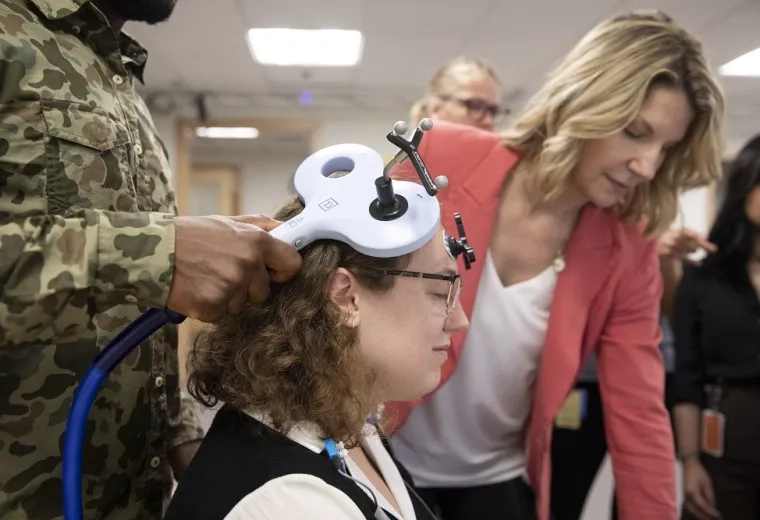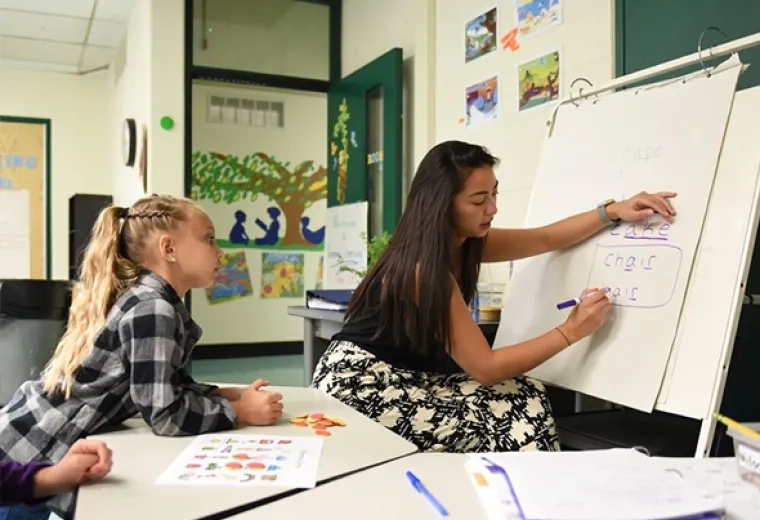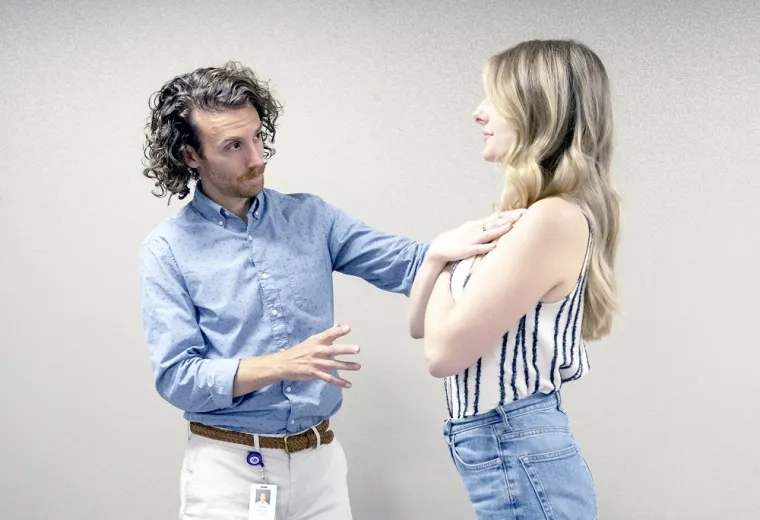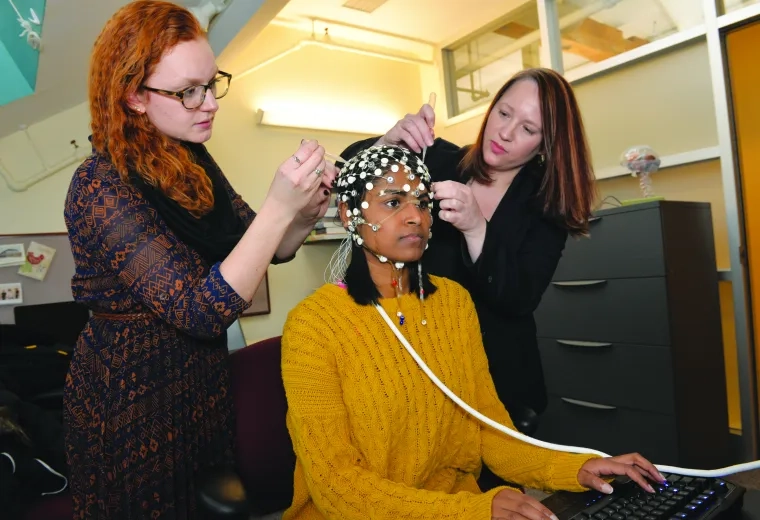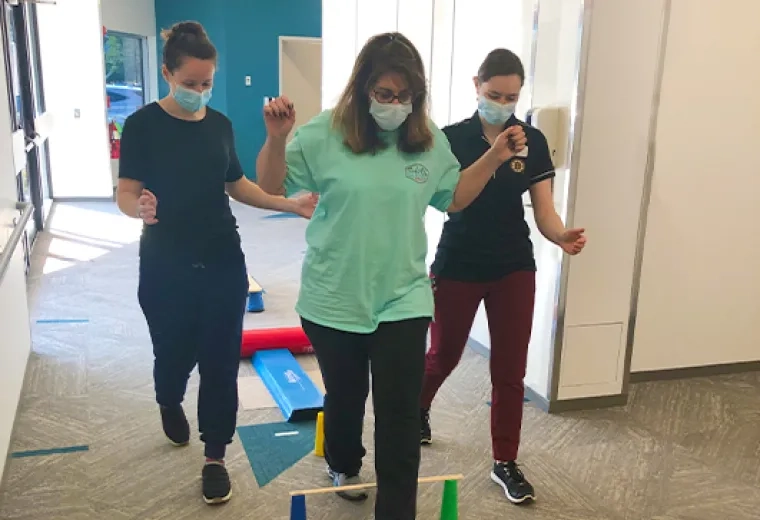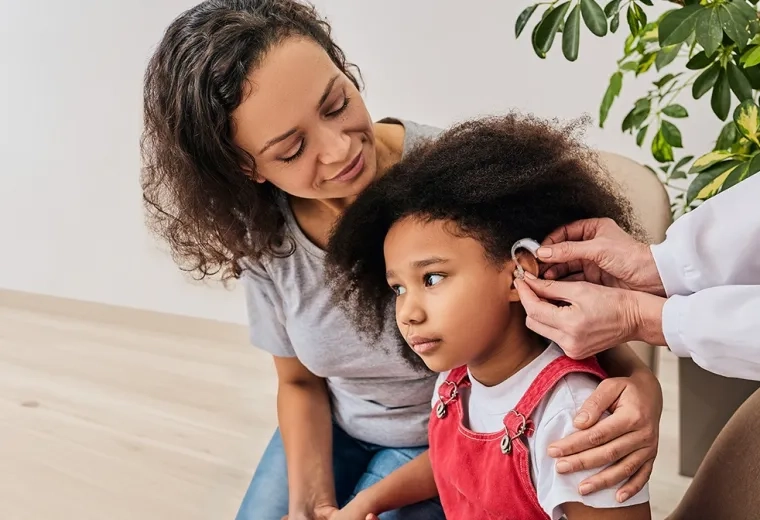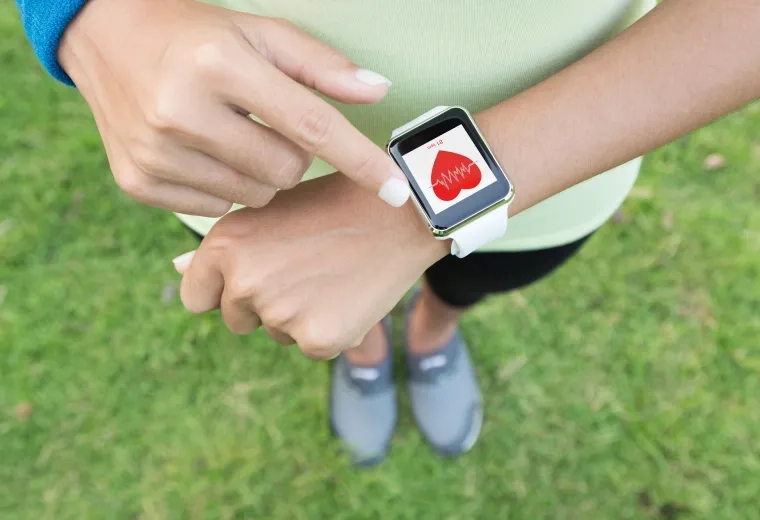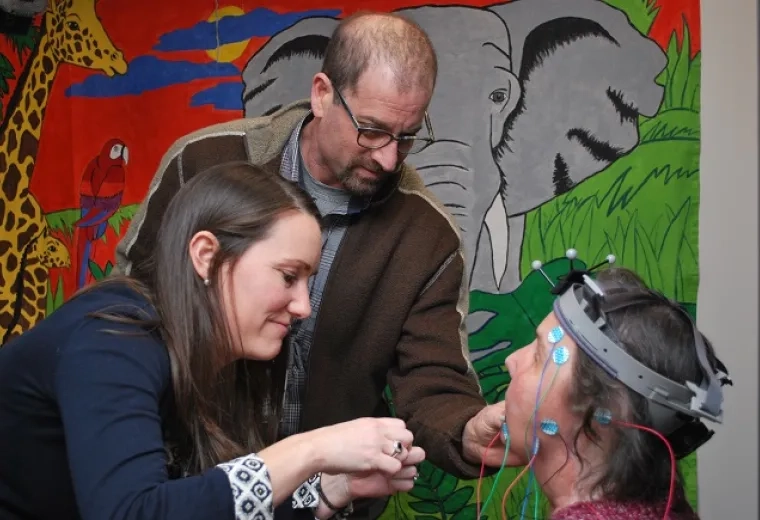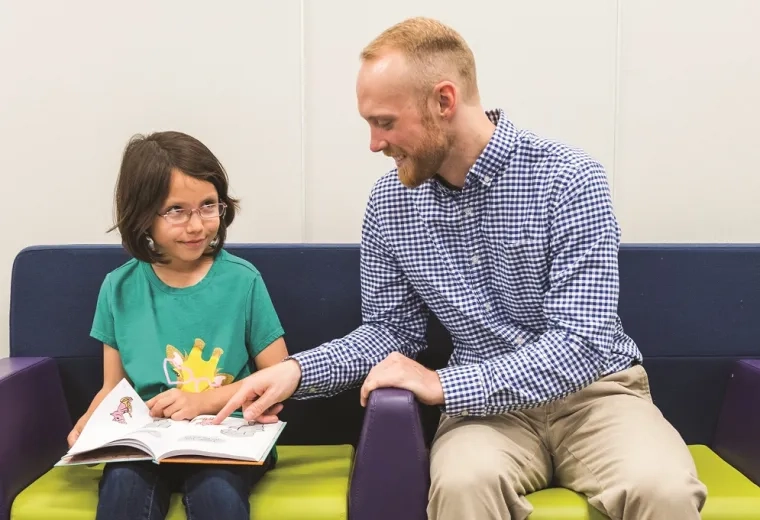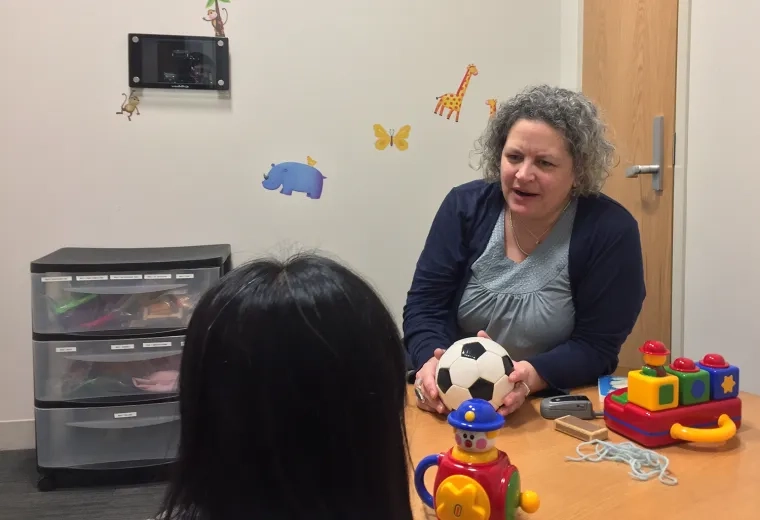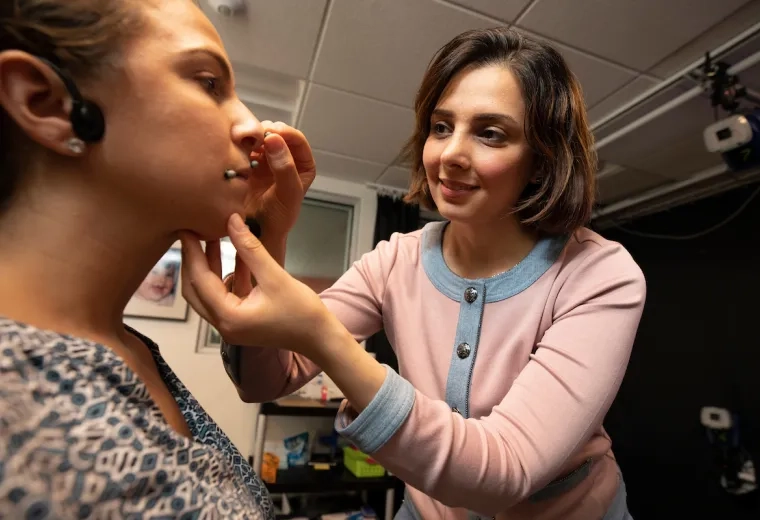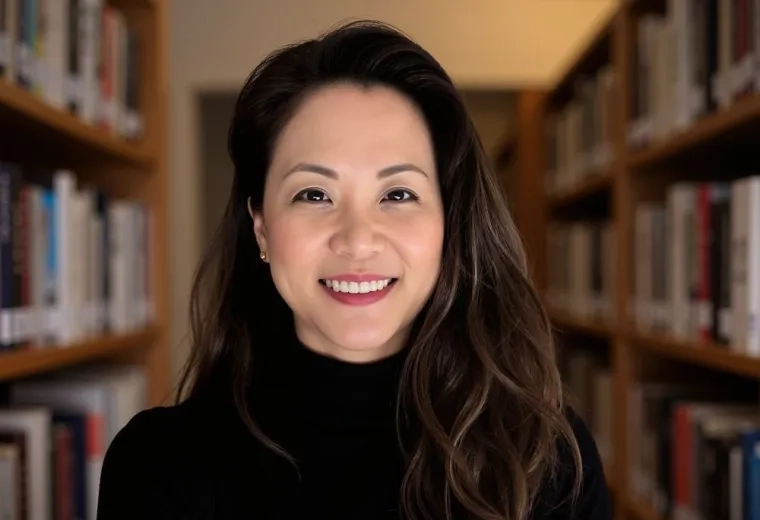The time is now for Spaulding to lead survivors of brain injury to rehabilitation levels never before imagined. For this reason, Spaulding established the Discovery Center for Brain Injury and Concussion Recovery within their new Research Institute. The following opportunities are available:
Dr. Morgan O’Neil is recruiting a PhD student to support her project funded by the National Institute on Disability, Independent Living, and Rehabilitation Research (NIDILRR). Specifically, the objective of this project is to develop educational materials for children with concussion and to implement the materials in different clinical settings within Mass General Brigham. For more information, contact Dr. O’Neil at moneil18 [at] mgb.org.
Dr. Shanti Pinto is funded by the National Institute of Neurological Disorders and Stroke (NINDS) to study the link between autonomic nervous system dysfunction, cerebrovascular autoregulation impairments, and outcomes after traumatic brain injury. She was recently awarded a grant from the National Institute on Disability, Independent Living, and Rehabilitation Research (NIDILRR) to study the association between depression and cardiovascular health after traumatic brain injury. Contact Dr. Pinto at smpinto [at] mgb.org.
Dr. Chad Swank investigates the clinical application of advanced rehabilitation technologies as a means to improve gait and mobility. He is looking for a PhD student with an allied health license and prior experience working with clinical populations to support his new and ongoing federally funded projects. For more information, contact Dr. Swank at cswank1 [at] mgb.org.
Dr. Simon Driver is the Director of the Discovery Center for Brain Injury and Concussion Recovery Research at Spaulding Rehabilitation. He has a growing interest in comparative effectiveness research and implementation science to ensure the Diabetes Prevention Program is accessible to people after brain injury. His research has been funded by NIDILRR, NIH, DOD, PCORI, and others. He is currently hoping to recruit a doctoral student to work on his funded research. For more information, contact Dr. Driver at sdriver2 [at] mgb.org.



